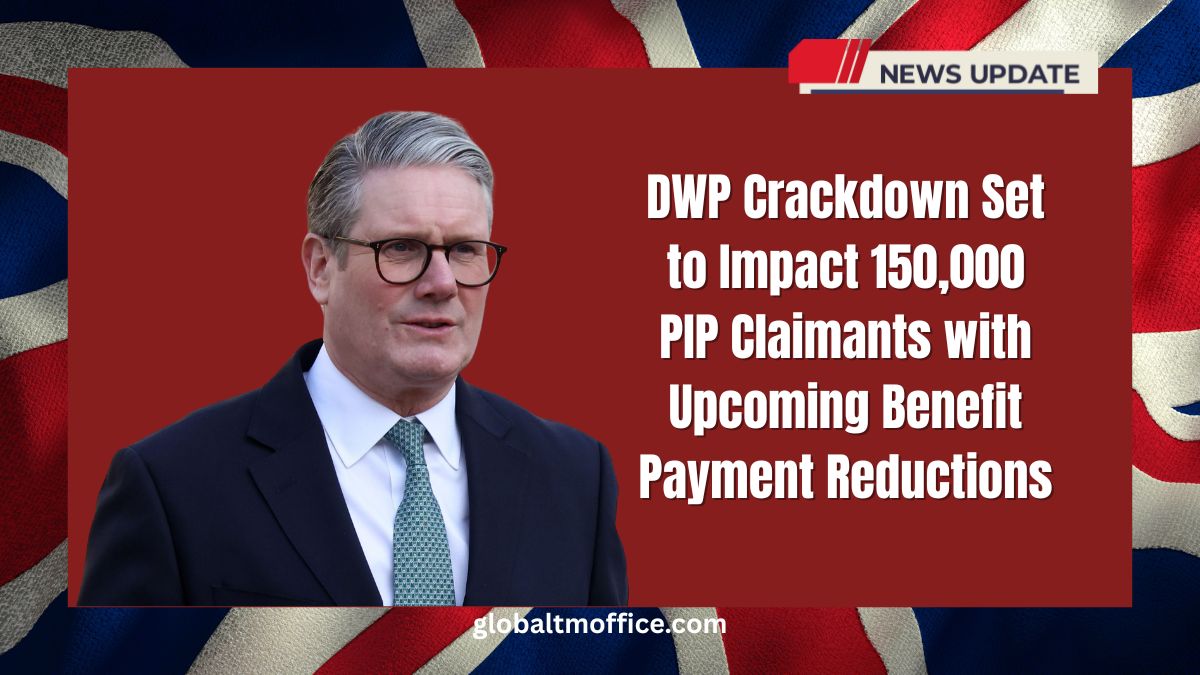As the government prepares to implement significant changes to the disability benefits system, thousands of families are facing a potential financial crisis.
The Department for Work and Pensions (DWP) has confirmed that these reforms will affect some of the most vulnerable individuals in society.
By the end of the 2029/30 financial year, more than 150,000 people could lose their Carer’s Allowance or Universal Credit Carer’s Element, as the government pushes forward with a major overhaul of welfare.
Changes in Disability Benefits: What You Need to Know
The UK Government’s reform of the Personal Independence Payment (PIP) scheme, first announced this year, is set to drastically reduce financial support for individuals with long-term health conditions or disabilities.
This includes cuts to the Daily Living Component, a crucial part of PIP that currently enables many carers to receive financial assistance.
The Impact of the 2026 Reforms
Starting in 2026, anyone reassessing their PIP claim, whether new or existing, will need to score a minimum of four points in at least one activity to qualify for the Daily Living Component.
This reform is part of broader changes designed to reduce government spending on welfare. However, experts estimate that by 2029/30, as many as 800,000 individuals will no longer qualify for the Daily Living Component of PIP.
What is the Daily Living Component?
The Daily Living Component provides essential support to people with disabilities and health conditions, helping them manage their day-to-day lives.
At the higher rate, this component offers up to £110.40 per week, which is a substantial source of financial relief for many individuals.
| PIP Daily Living Component | Weekly Rate | Eligibility Criteria |
|---|---|---|
| Standard Rate | £73.90 | 8 to 11 points |
| Higher Rate | £110.40 | 12 points or more |
The Standard Rate is available to claimants who score between eight and 11 points, while the Higher Rate is available to those who score 12 points or more. However, the new rules could see many lose their eligibility for these essential benefits.
Criticism of the Reforms: Concerns and Backlash
The government’s proposed reforms have already sparked significant criticism from both politicians and disability advocates.
Notably, Diane Abbott, a veteran MP, expressed strong concerns about the new points system during a parliamentary debate.
She highlighted that individuals who are unable to perform basic tasks, such as washing below their waist, could lose their eligibility for benefits.
Diane Abbott’s Strong Criticism
Abbott described the new legislation as “cruel” and warned that it could lead to a situation where disabled people are forced into employment despite being unable to meet basic personal care requirements.
Critics, including Labour MPs, argue that the government’s approach prioritizes cost-cutting over providing essential care to vulnerable citizens.
Abbott stated, “This cruel and misconceived legislation will not end well politically. Meanwhile, millions of the disabled will live in fear.”
The Future of Carer’s Allowance and Universal Credit Carer’s Element
As part of the same overhaul, the government plans to cut the Carer’s Allowance and the Universal Credit Carer’s Element, which could affect up to 150,000 people by 2029.
Many families, particularly those relying on carers to manage their loved ones’ needs, are bracing for significant financial hardship in the coming years.
What’s Next?
While the reforms are still in progress, it’s clear that many individuals and families will face difficult times ahead as the welfare system changes.
The government’s focus on reducing costs could come at the expense of the care that disabled individuals desperately need.
The proposed changes to disability benefits, particularly the reforms to PIP, have sparked widespread criticism and concern.
While the government claims that the changes are necessary to control spending, the potential consequences for vulnerable individuals and families could be severe.
As the government moves forward with these reforms, it is crucial to monitor their impact and advocate for those who may be left without the vital financial support they rely on.
FAQs
What changes are being made to PIP?
Starting in 2026, the government will implement a new points-based system for the Daily Living Component of PIP. Claimants will need to score at least four points in one of the qualifying activities to receive the benefit. This change could lead to as many as 800,000 people losing their eligibility by 2029.
How much is the Daily Living Component worth?
The Daily Living Component can provide up to £110.40 per week at the higher rate, which represents a crucial financial lifeline for many individuals with disabilities. The standard rate is £73.90 per week.
How many people will be affected by the changes?
By 2029/30, more than 150,000 people are expected to lose their Carer’s Allowance or Universal Credit Carer’s Element. Additionally, approximately 800,000 people may no longer qualify for the Daily Living Component of PIP under the new reforms.

